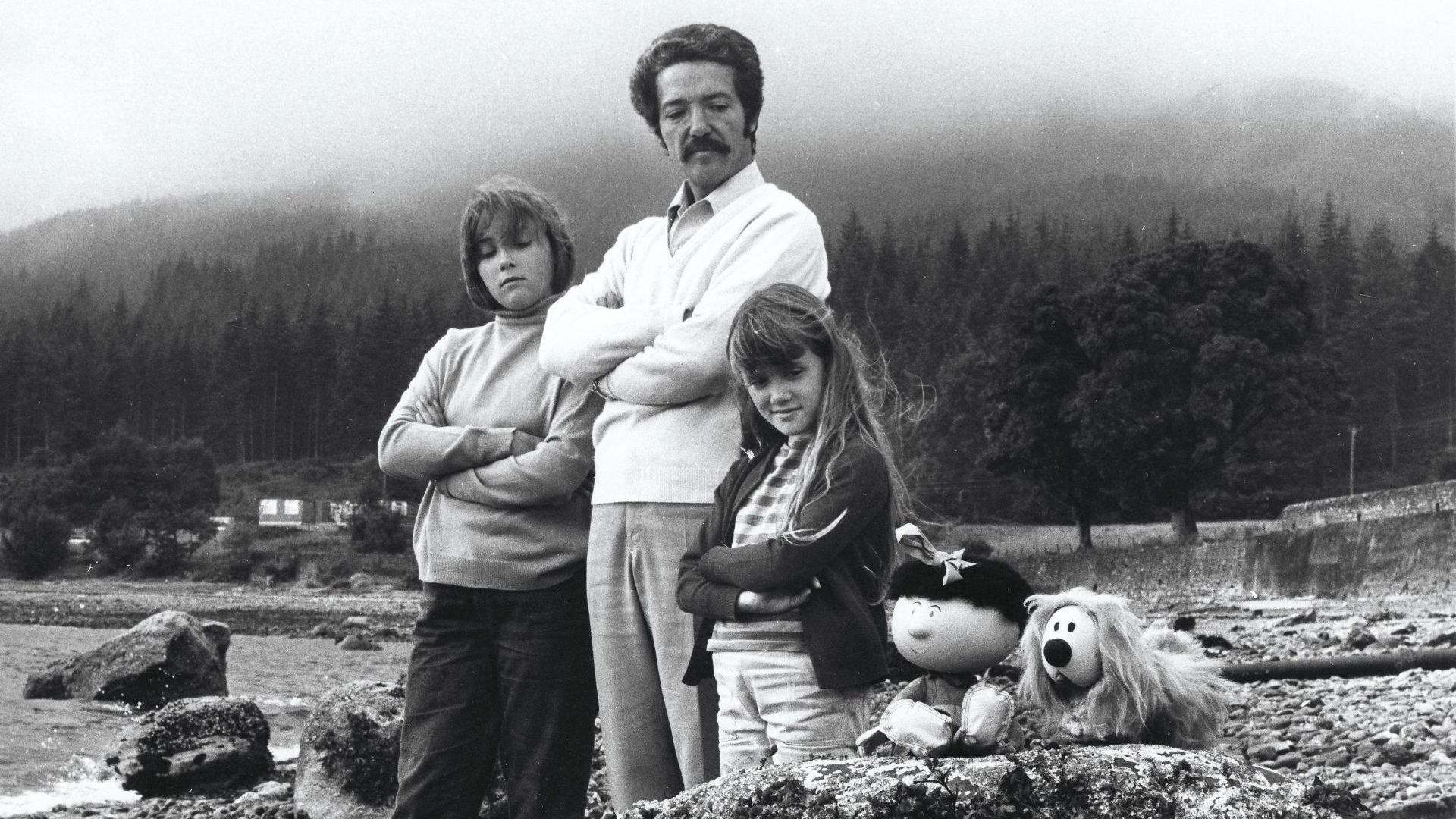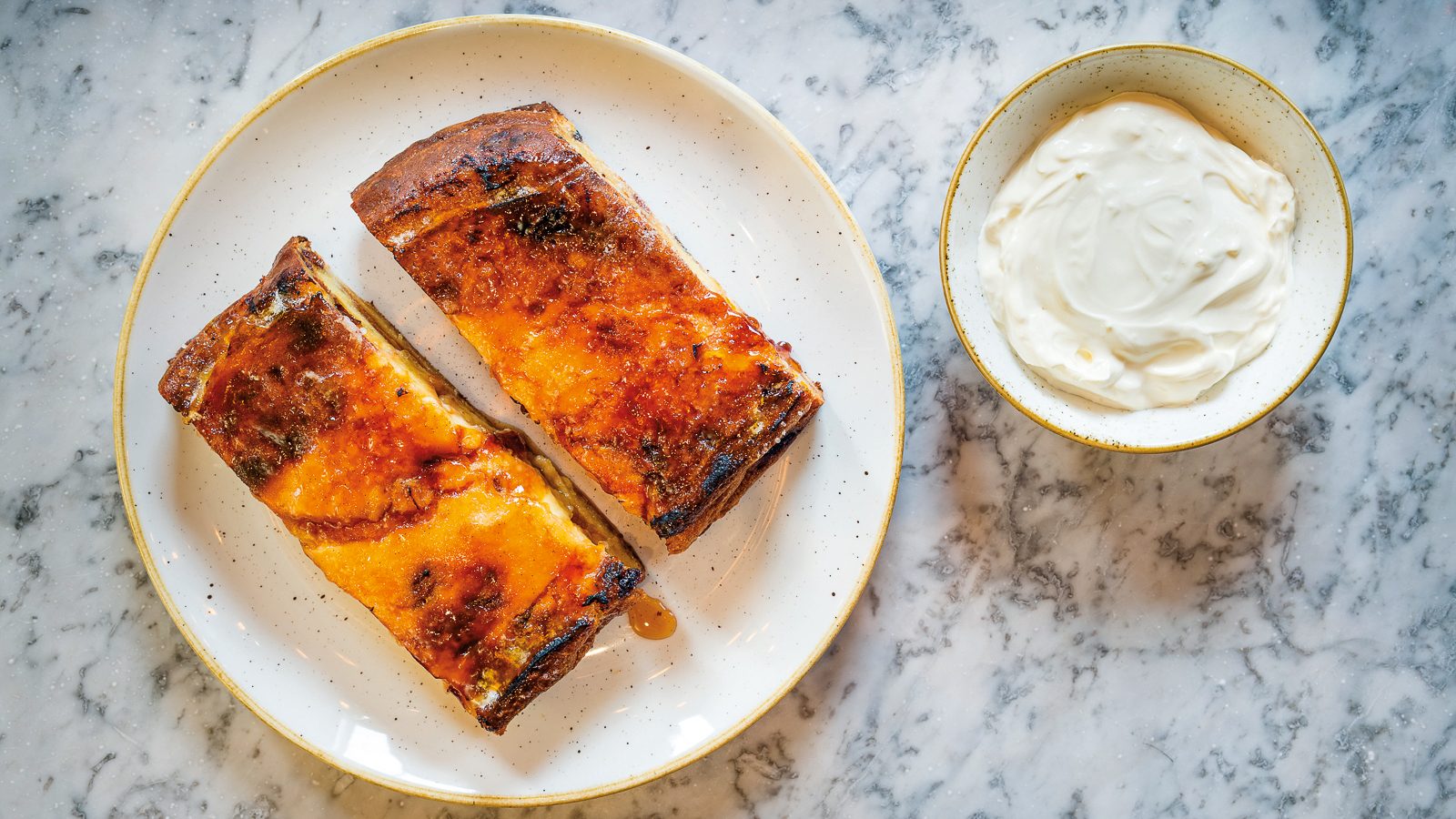There is something of Brian Clough about Christian Streich. The coach has raised Sport-Club Freiburg from modest means in Germany’s Black Forest region to compete with the giants of the Bundesliga.
Streich has managed Freiburg for longer than any boss in Europe’s top five leagues, with the exception of Diego Simeone, who signed up with Atlético Madrid six days before Streich took over at Freiburg – on December 29, 2011.
Ten years is an eternity in fußball. Only five Germans have managed a decade or more at one club: Hennes Weisweiler (Borussia Mönchengladbach 1964-75), Winfried Schäfer (Karlsruher 1986-98), Thomas Schaaf (Werder Bremen 1999-2013), Otto Rehhagel (Werder Bremen 1981-95) and Volker Finke (Freiburg 1991-2007).
These coaches’ relationships with the outside world could be irascible, particularly Weisweiler, who created the most stylish and successful German side many of us have seen – largely from raw material.
But if Gladbach was the child of his flowing possession football, Weisweiler also went on a peripatetic career from FC Köln to FC Barcelona to the New York Cosmos.
Streich, who has spent his decade turning Freiburg from relegation fodder into challengers for a Champions League place, is more of a one-club man. He started with them as a teenager and, after injury and qualifying as a teacher, returned to coach his way up from the academy.
Freiburg’s success – they are currently fourth in the table, below wealthy Bayern Munich and Borussia Dortmund – has been achieved in the way Germany likes, rather than by buying success through a sugar daddy, as Hoffenheim (currently third) or RB Leipzig have done.
Here is where Streich and Clough compare. Clough was the man from Middlesbrough who lectured us all in his distinct Teesside accent. Streich gets his recognisable intonation from the south, where Freiburg sits in the triangle between Germany, Switzerland and France.
Clough’s father worked his way up from boiling sugar in a factory to running the sweet shop. Streich’s parents had a butcher’s shop.
Football was the outlet. Both had aspirations cruelly cut short by injury. Both can talk the hind leg off a donkey on any subject, from activism against exploiting animals for the food chain, to the anathema of far-right politics.
And both Clough and Streich emptied unspent football energy into persuading young men to play as if the next game was their last.
Derby County and Nottingham Forest would not have risen as they did without Brian Clough (and Peter Taylor, the assistant who managed to tame some of Clough’s wilder side).
Almost certainly, Freiburg would be, at best, a lower team in the table, or even a lower-division club, were it not for Christian Streich and the coaches he credits with instilling the ambition, and the lack of fear in the Freiburg kindergarten to compete with the best in the Bundesliga.
When Streich stepped up from the youth academy, the club had one foot in relegation. When he passed his tenth anniversary as manager, it was third in the table. And this while SC Freiburg was making its move from the old Dreisamstadion, where Streich cycled to work, to the new solar-powered, eco-friendly Europa-Park stadium 40km away.
It cost Freiburg more than £63.5m to build. The move has gone through with barely a blip in performances, although when three senior players tested positive for coronavirus last Friday, the team lost a two-goal lead to draw 2-2 against Arminia the next day. This Friday, they are at Dortmund.
Streich made no excuses. It would be futile given the odds Freiburg face on an annual basis.
They are not paupers and the butcher’s son is not complaining. But his base annual salary is £1.7m, about one-fifth of what Bayern pays Julian Nagelsmann – or one-sixteenth of the outrageous £27m Simeone earns in Madrid. It is what Freiburg can afford. Their performance is way above their pay grade even in the Bundesliga, reckoned to be the most financially balanced league in Europe.
The market value of Bayern players is £733m, Dortmund’s £504m. Freiburg’s is £110m, tenth out of 18 Bundesliga clubs in terms of finance.
But still they produce national team defenders such as Christian Günter and Nico Schlotterbeck. Half the playing pool came up through the system where Streich himself started. The rest include players released from elsewhere, such as South Korea’s Jeong Woo-yeong and Vincenzo Grifo, the son of Italian immigrants. Freiburg took them when Bayern and Hoffenheim regarded them as surplus.
Only Bayern have conceded as few goals as Freiburg this season. But Streich does not settle for safety.
“Yes, we have a good defence,” he says. ‘’But it’s important against strong teams that you have time on the ball yourself and that the opposition also chases after the ball. Regardless of who we are up against, we would prefer to lose than sit deep.”
And the coach regards himself as “just a normal guy. I have no tattoos, no piercings”. Clough never considered himself normal or ordinary, but Streich’s football philosophy certainly carries echoes of the man who brought both Derby and Forest up from the old Second Division and made them title winners.
Freiburg, too, overreached. They were relegated in 2015, kept faith in their coach, and came straight back. And still they rise.
Hoffenheim and Leipzig have billionaire backers. Bayer Leverkusen and VfL Wolfsburg have industrial connections.Freiburg built from within and, like Clough and Taylor at Derby and Forest, they now can compete against the bigger guns.




